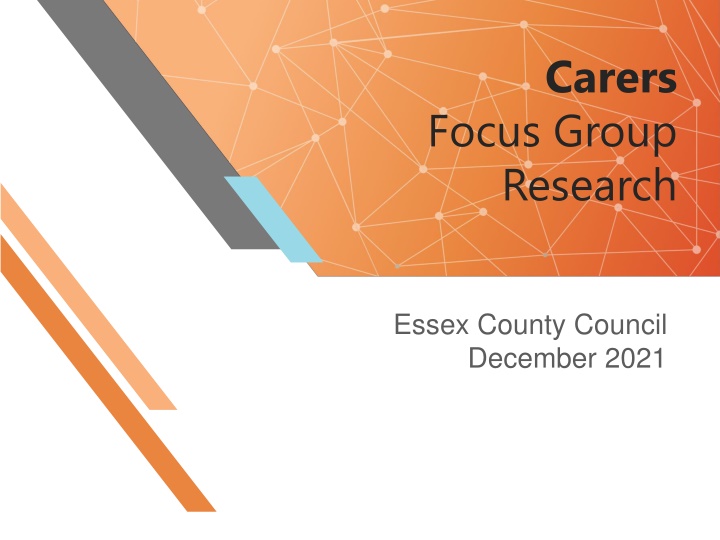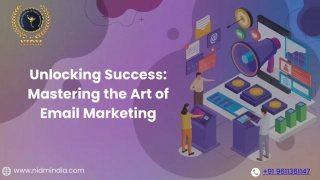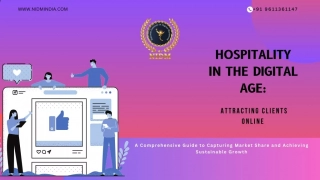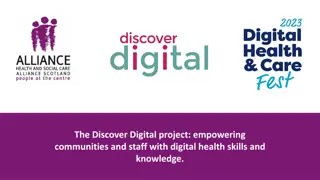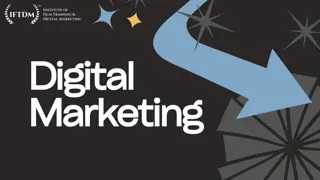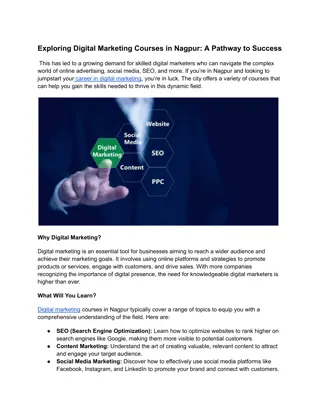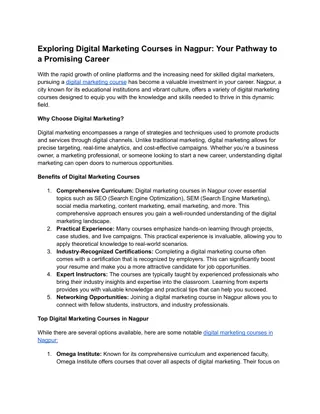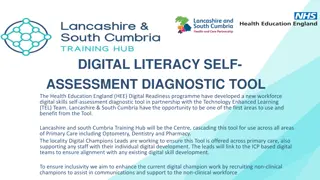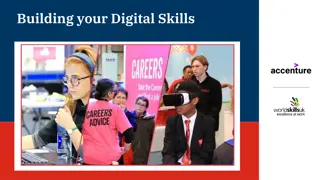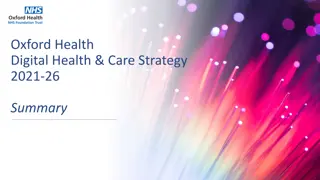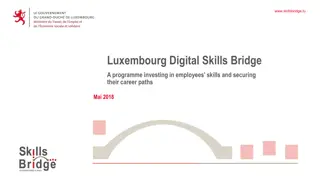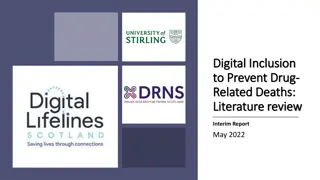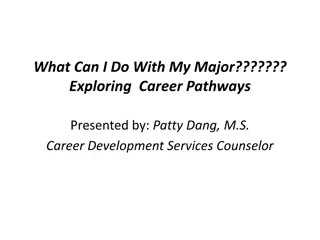Enhancing Career Management Skills with Digital Technologies
Tertiary Preparation Program Intensive Pathway focuses on using digital technologies to raise aspirations of young people. It involves intensive teaching sessions, academic communication, study management, and career development. Aimed at Year 12 school leavers and non-tertiary entrance students, it offers an opportunity to experience university life and improve academic skills for potential entry into university courses.
Download Presentation

Please find below an Image/Link to download the presentation.
The content on the website is provided AS IS for your information and personal use only. It may not be sold, licensed, or shared on other websites without obtaining consent from the author.If you encounter any issues during the download, it is possible that the publisher has removed the file from their server.
You are allowed to download the files provided on this website for personal or commercial use, subject to the condition that they are used lawfully. All files are the property of their respective owners.
The content on the website is provided AS IS for your information and personal use only. It may not be sold, licensed, or shared on other websites without obtaining consent from the author.
E N D
Presentation Transcript
Carers Focus Group Research Essex County Council December 2021
Research Objectives Gain insight from carers, carers organisations and professionals supporting carers Use findings alongside survey research and previous insights to develop new carers strategy (early 2022)
Methodology 13 focus groups held (Oct Dec 2021) 105 participants Facilitators introduce areas of enquiry and record contributions Thematic analysis to draw out key themes
Support It s like having 2 big sisters who understand and care. Someone to listen and guide you Carers Forum has been a lifesaver Online group has been a lifeline since Covid hit I ve found out more coming to this group than any other support. I m training on the job
Support The importance of support via peer groups featured across the focus group participants. The value of speaking to people in similar situations, being listened to and having a laugh were cited. Organised social activities were also a common theme mentioned positively.
Identity As Carers we are forgotten about quite often The caring role needs to be taken seriously School should have known I was a young carer I was identified as a carer, I registered as a carer and only realised when I had a break how hard it was
Identity People care for loved ones automatically so don t always identify as a carer . Terminology and language used need to be considered. Identifying and registering as a carer has brought some benefits to people in terms of access to support and guidance. Feedback indicated more work is need to inform the wider public on carers.
Involvement of Carers Carers need to be at the heart of strategies and programmes Carers led service We should be ambitious for carers I was able to participate in the Young Carers Award, and lead the project to better notify people of the role young carers fulfil
Language Didn t focus on me Need one Assessment Couldn t get one What s the point? Thought care assessment covered this?
Assessment Focus group findings indicated a number of areas in the assessment process to investigate further. These include availability and access, purpose and the issue of combininga carers assessment with a care assessment.
Trips Time 4 You Grants Scheme Don t get a break with partner take turns caring Respite Having Fun Can t get a break unless the needs of the person I care for are met Don t get it
Respite The importance of respite and a break from caring was a common theme from the focus groups. Organising suitable support for the person being cared for during this time is a key issue. Another feature of the research was families/partners not being able to take a break together.
Covid The impact of Covid was a key regular theme evident from the research. Lack access to services/support, isolation and increased responsibility were cited as key factors. Some positive areas were mentioned including flexible working, zoom, communities coming together and access to vaccinations for carers.
Training Requests/Ideas Future Planning Same as paid carers Finance Training Mental Health Training Communication techniques Condition Specific Training
Some key themes Carers have to tell their story numerous times Lack of joined up services Want parity between paid carers and unpaid carers Carers being unable to get a break together Impact of online schooling and caring role on young carers Getting information at the right time
Some key themes Hospital discharge needs to include conversations with carer Importance of early intervention and identification Dedicated support to young adult carers needed Employers and schools/colleges to recognise carers
Ideas from focus groups.. Carers Card Identification Dedicated counselling service for young carers and young adult carers Employee training on role of a carer Clear, minimum offer to be explained and available for all carers Carers involved throughout plans and policies
